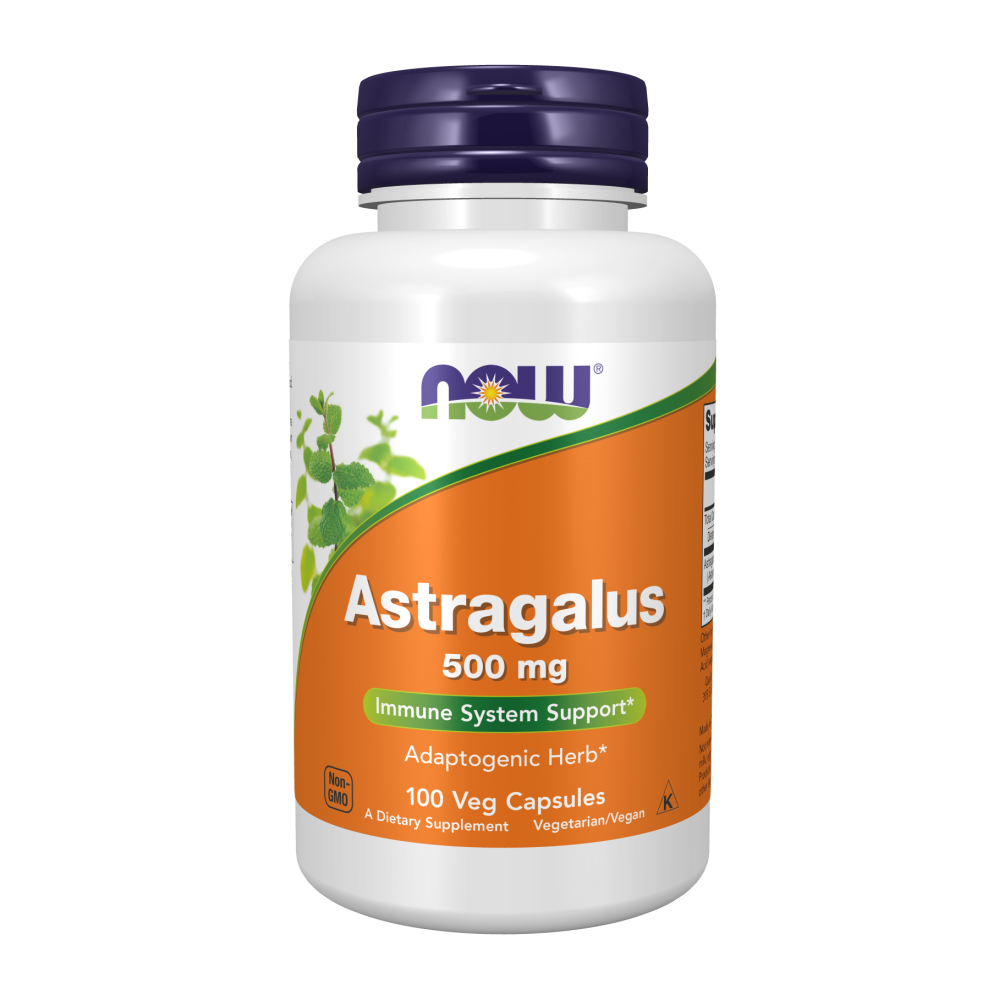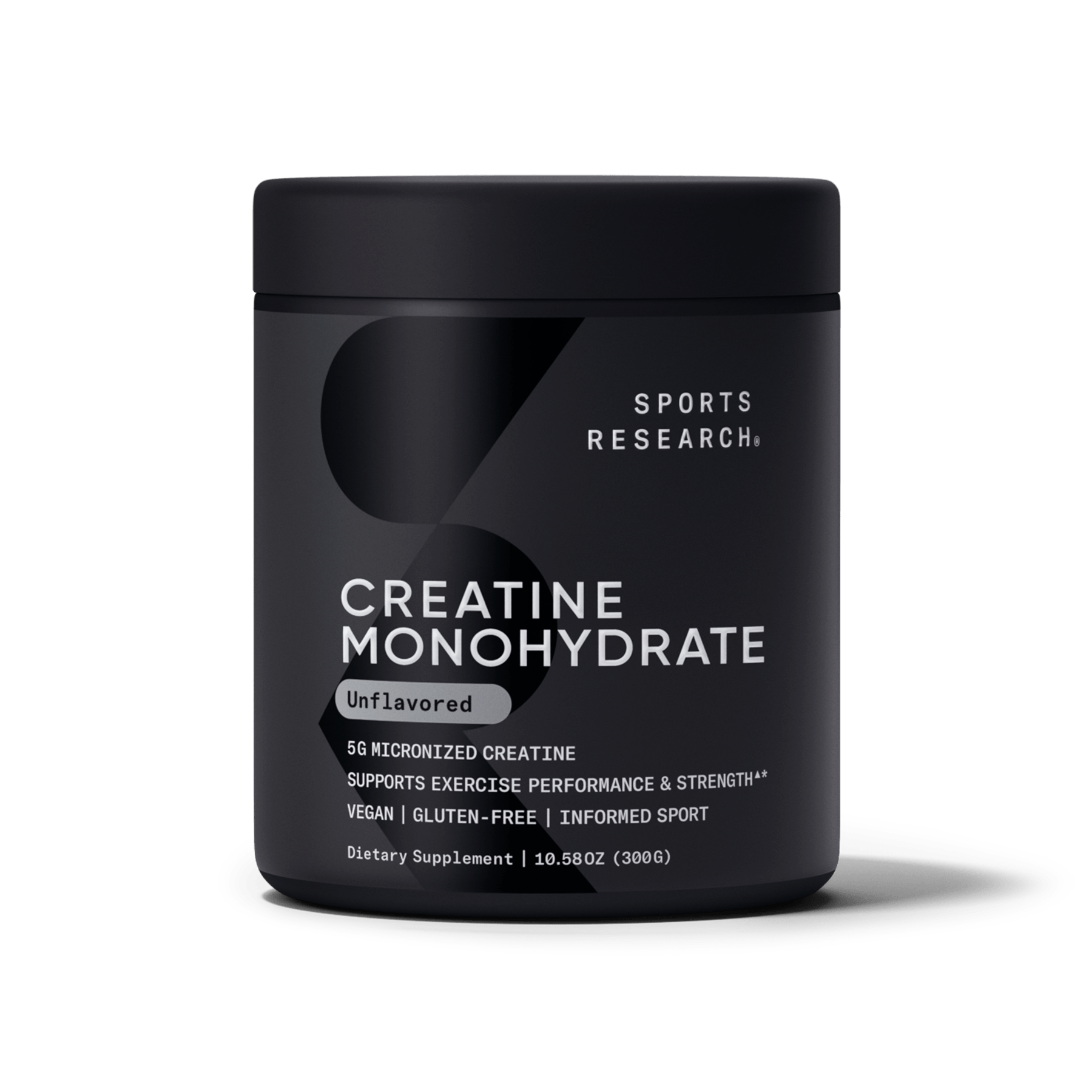D-mannose appears to be a promising nutritional supplement that may be an option for treating and preventing UTIs, especially in people who have frequent UTIs. D-mannose is a mucopolysaccharide sugar found in many plants and herbs including Aloe Vera. Aloe Vera has been shown to fight the bacteria responsible for the infection, ease the symptoms associated with UTI including inflammation and pain, and also activate the immune system to prevent possible relapse.

Benefits of Aloe Vera for Urinary Tract Infection
- Aloe vera helps in the elimination of the causes as well as effects of urinary tract infection.
- Helps fight the bacteria responsible for it.
- Helps ease the symptoms associated with it such as inflammation and pain.
- Activates the immune system to prevent possible relapse.
Aloe Vera helps fight the bacteria responsible for many UTIs
Aloe Vera consists of mucopolysaccharides which can help in the treatment of cystitis. Mucopolysaccharides, such as glycosaminoglycans combine with water to form a mucilaginous substance found in the lining of the bladder. This layer protects the bladder from irritants and helps prevent the entry of foreign substances as well as pathogens attaching to the bladder lining. The mucopolysaccharides present in Aloe vera, including D-mannose, help replenish this layer of glycosaminoglycans that may be damaged in patients suffering from interstitial cystitis.
UTI is caused by bacteria such as Escherichia coli, Pseudomonas aeruginosa, Klebsiella species (such as Klebsiella pneumonia), and Enterococcus species. According to a 2016 study, evidence suggests that D-mannose could be important in treating UTIs mediated by mannose-specific binding, particularly determined by E. coli fitted out an exclusive virulence factor called FimH, mostly responsible for UTIs. By inhibiting the adhesion of bacteria to the urothelium, D-mannose mimics urothelial barrier function. Binding free D-mannose in the urine rather than proteins on the vesicle cells surface, bacteria are trapped in the urinary flow and consequently eliminated by the urinary tract. Studies in vivo and in vitro have demonstrated the ability of mannose-like molecules in reducing the bacterial load of 2-times in the urinary tract and over 4-times intravesical.
Aloe vera reduces inflammation
When bacteria invade the urinary tract, it results in the inflammation of the bladder. Inflammation can cause the ulceration of the bladder causing bleeding in many cases. The immune system produces a number of proteins such as IL-1 beta and TNF-alpha that lead to inflammation in order to protect the body against the attack by the pathogens. The inner gel component of Aloe Vera suppresses the cytokines, inhibiting inflammation. The anti-inflammatory effects can be attributed to a compound known as C-glycosyl chromone (derivatives of benzopyran found in plants), which is responsible for the inhibition of a pathway that leads to inflammation, known as the cyclooxygenase pathway. This ultimately reduces the amount of prostaglandin E2 in the body, which is a lipid that induces inflammation as well as fever. An inflammatory substance, known as bradykinin is responsible for the induction of pain. However, an enzyme found in Aloe vera, known as peptidase bradykinase, breaks down bradykinin, thus alleviating pain and inflammation.
Aloe Vera activates the immune system to prevent possible relapse
Aloe vera contains a number of antiseptic agents including salicylic acid, lupeol, phenols, cinnamic acid, and urea nitrogen which inhibit the growth of microbes. It also contains vitamin C and E which have a strong antioxidant capacity and helps increase the number of antioxidant enzymes such as superoxide dismutase, reduced glutathione, glutathione peroxidase, and catalase. D-mannose is incorporated into glycoprotein receptors on cell surfaces. It modulates the immune system primarily by activating macrophages. The immune system cells are primed to look for D-mannose as it is the terminal sugar on many microbes and invaders. Macrophages phagocytize (eat) bacteria and cellular debris associated with tissue inflammation.
The best dose to use for UTI isn’t entirely clear, however, suggested doses used in research studying D-Mannose for UTI are as follows:
For preventing frequent UTIs: 2 grams once daily, or 1 gram twice daily (1 gram = 1000 mg)
For treating an active UTI: 1.5 grams twice daily for 3 days, and then once daily for 10 days; or 1 gram three times daily for 14 days
Desert Harvest Super-Strength Aloe Vera has not been studied specifically for UTI prevention. Desert Harvest Aloe Vera has been studied for Interstitial Cystitis with an 87.5% effective rate for all or some symptoms including pain, urgency, frequency, and urethral burning. Each Desert Harvest Super-Strength Aloe Capsule = 600 mg of organic aloe vera. The recommended dosage for IC = 3600 mg per day (6 capsules / take 3 in the a.m. and 3 in the p.m.)





